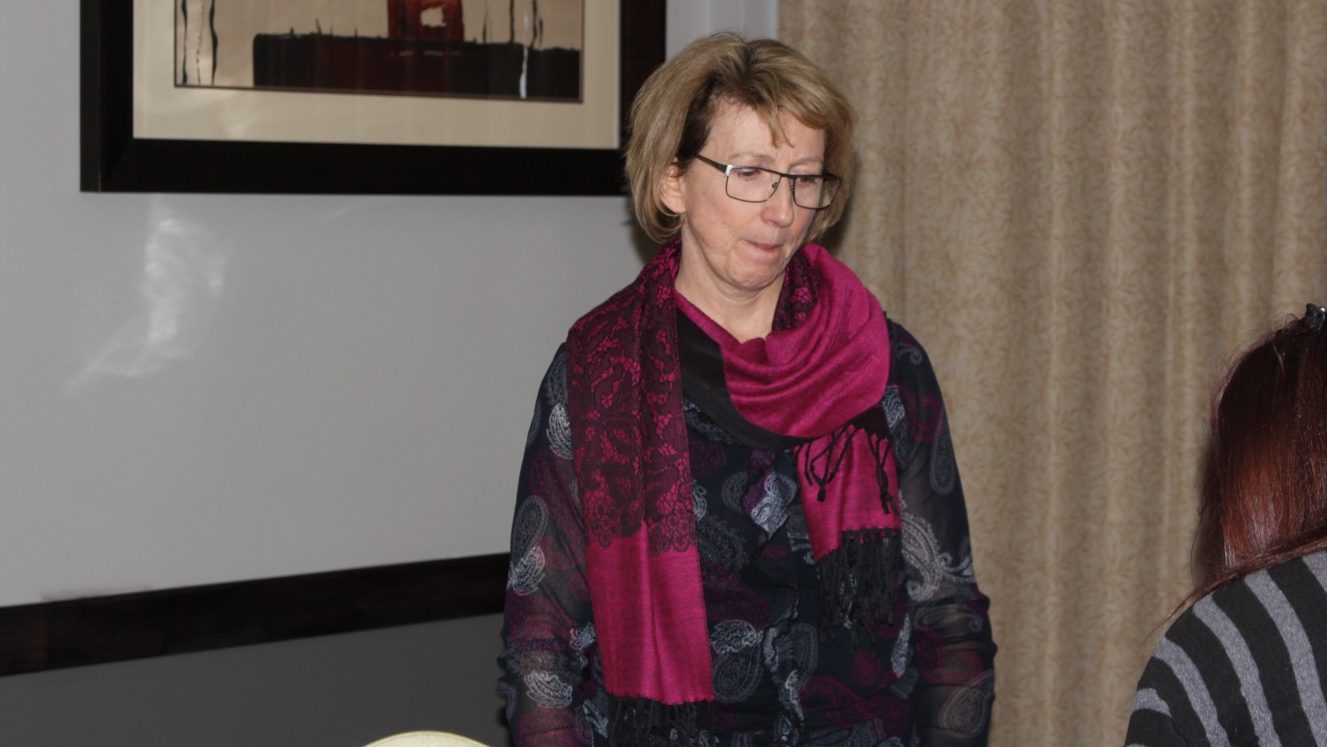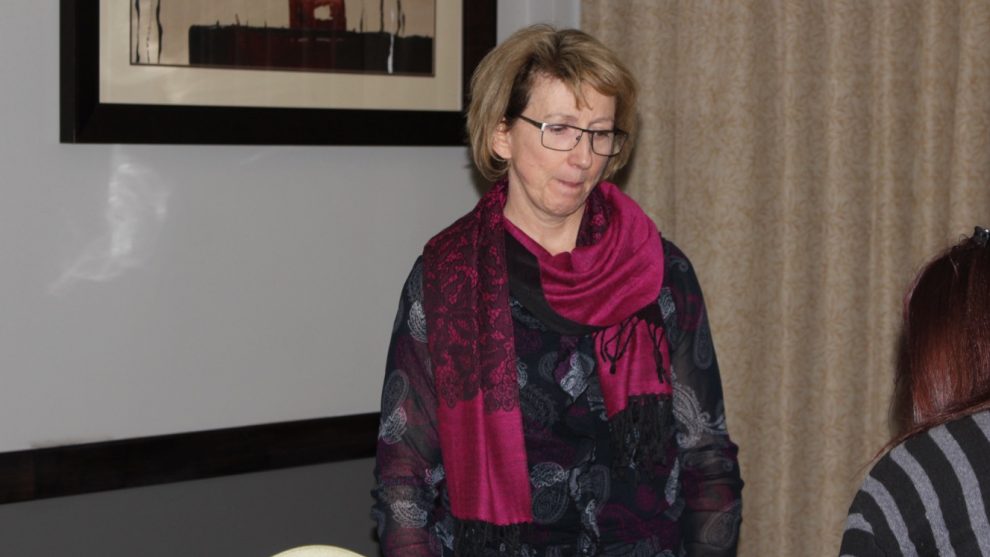Human rights
Former institutional worker ‘astonished’ by wait time for social homes
Jo-Anne Pushie testified on behalf of Beth MacLean at human rights hearing


caption
Jo-Anne Pushie met Beth MacLean while working at Emerald Hall.On Wednesday Jo-Anne Pushie told a human rights board of inquiry that people with disabilities experienced significant wait times even though they were ready for discharge and had no medical reason to stay.
Pushie was referring to Emerald Hall, a unit in the Nova Scotia Hospital that provides care for people with mental and intellectual disabilities.
Pushie met Beth MacLean at Emerald Hall where she used to work as a clinical social caregiver. MacLean is one of the three disabled people who filed a complaint back in 2014. In it, she stated that being institutionalized in a hospital-like setting made her feel isolated and she claimed this was a human-rights violation. She said she should have been offered a position in a small community home.
Pushie discussed her working history with the board on Wednesday, which included previous experience working in a locked unit in a Cole Harbour hospital. Pushie said she’s worked with 20 to 40 patients with significant mental illnesses. Related stories
She said many patients at Emerald Hall were medically stable and ready for discharge, but there wasn’t room in community housing. She estimated between 60 and 70 per cent of patients could leave. Pushie also said many disabled patients were waiting for three or five years for a spot, while others waited a full decade.
Pushie said some people waited so long to be discharged they lost social skills and their ability “to interact with the community.”
“I was astonished at the delay of people that were waiting and waiting for discharge,” Pushie said.
Pushie was asked by lawyer Vincent Calderhead, who represents the three complainants, to compare living in Emerald Hall to living at home.
“I couldn’t begin to compare it to living at home,” she said. “It’s noisy; you don’t have access to go outside, unless you have a staff member, and you’re under surveillance.”
Michael Bach testifies
On Tuesday, Michael Bach, managing director of Institute for Research and Development on Inclusion and Society, gave his expert opinion on the importance of small option homes and why disabled people have the right to live there.
Bach said in an interview the government hasn’t taken the steps needed to transform the system since he last helped with the transformation plan in 2013.
He said the number of people in institutionalized care in Nova Scotia is 2.2 per cent, which is twice as high as Canada’s rate of 1.1 per cent.
Calderhead said Feb. 5 in his opening arguments that MacLean and Joseph Delaney deserve to be moved into small community homes where they would receive better self-care and meal options.
The third complainant, Sheila Livingstone, died in 2016 and so a family member will speak on her behalf in upcoming hearings.
Pushie is expected to continue her testimony on Feb. 20.
